For more than a hundred years Ohai has been a coal town.
The small western Southland settlement sprang up around large coal deposits discovered in the 1910s, but the coal mine is closing today.
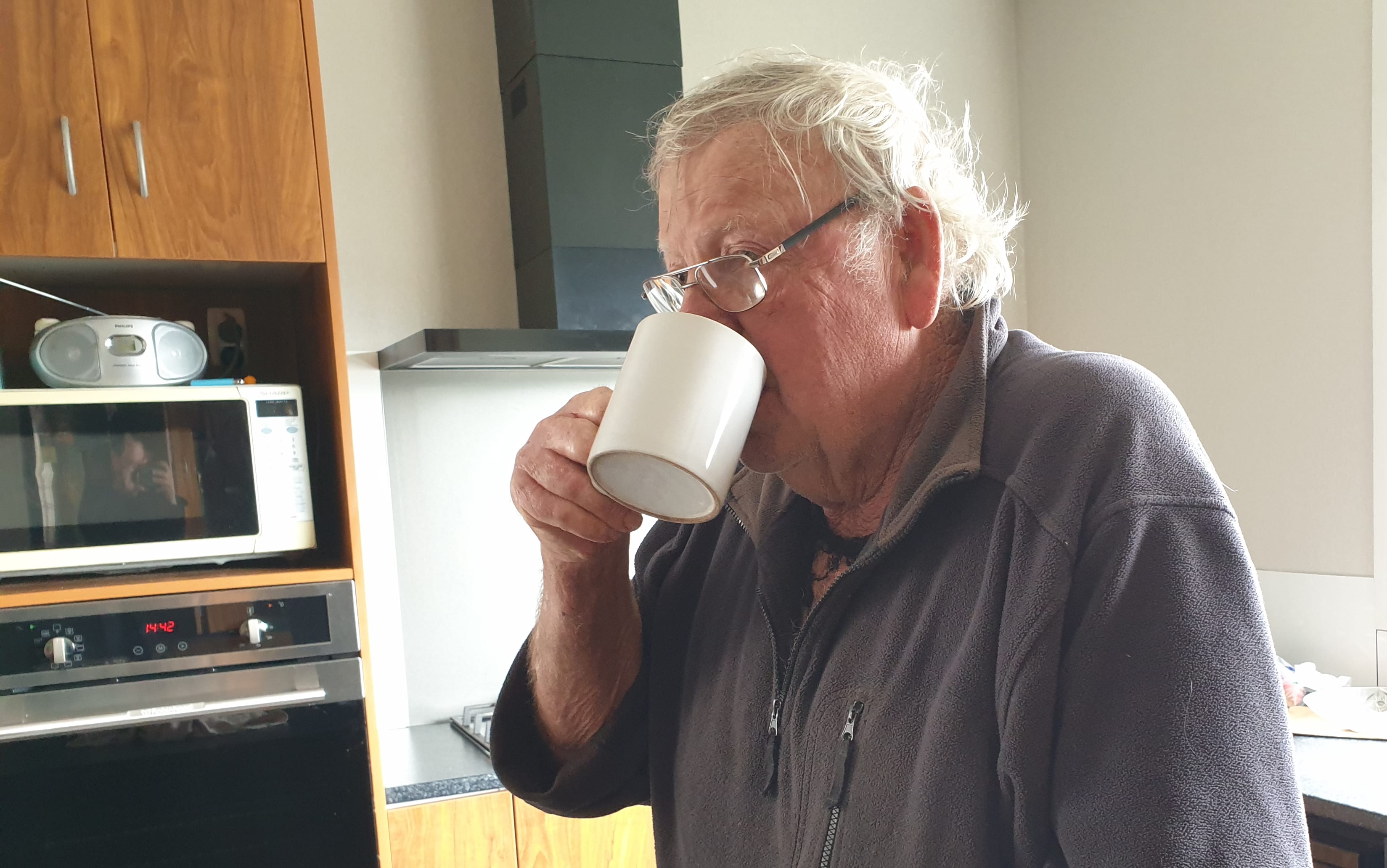
Bruce Allan, known as Carter to locals, says today was a sad day for the town. Photo: RNZ / Tim Brown
On a cold and blustery day, there is a whiff of coal in the air as many of the town's residents rely on it for not only heating but even heating their water.
In its heyday, more people were working underground in the coal mines surrounding the settlement than call Ohai home today.
Bruce Allan, who is known as Carter to locals - a nickname he earned in his days underground - said it was a sad day for the town.
"It's the end of an era. Only a couple of years ago Walter Guttery - a friend of mine, a rugby player and schoolmate - put the book out. But he should've just waited a bit longer and he could've put the end on it."
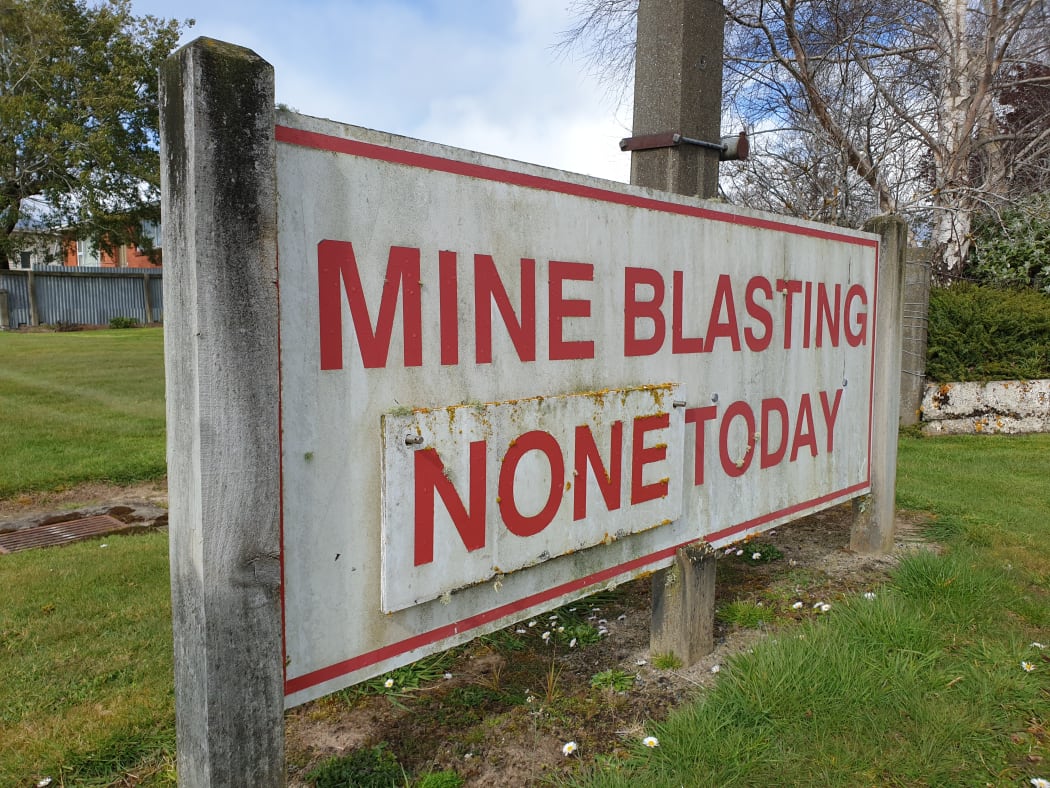
Photo: RNZ / Tim Brown
Allan spent four decades underground, first starting work at the mines as a 15-year-old above ground in the early 1960s.
He had seen Ohai through boom times and bad times, and still fondly remembers when it was a town of more than 1000 people.
"When I was still in high school Linton [mine] had 400 men, plus you had Wairaki, which probably had similar. The town had over 1200 people in it.
"We had a baker's shop in Ohai, a baker's shop in Nightcaps, five grocer shops, two bootmakers - you name it. We had a post office bank."
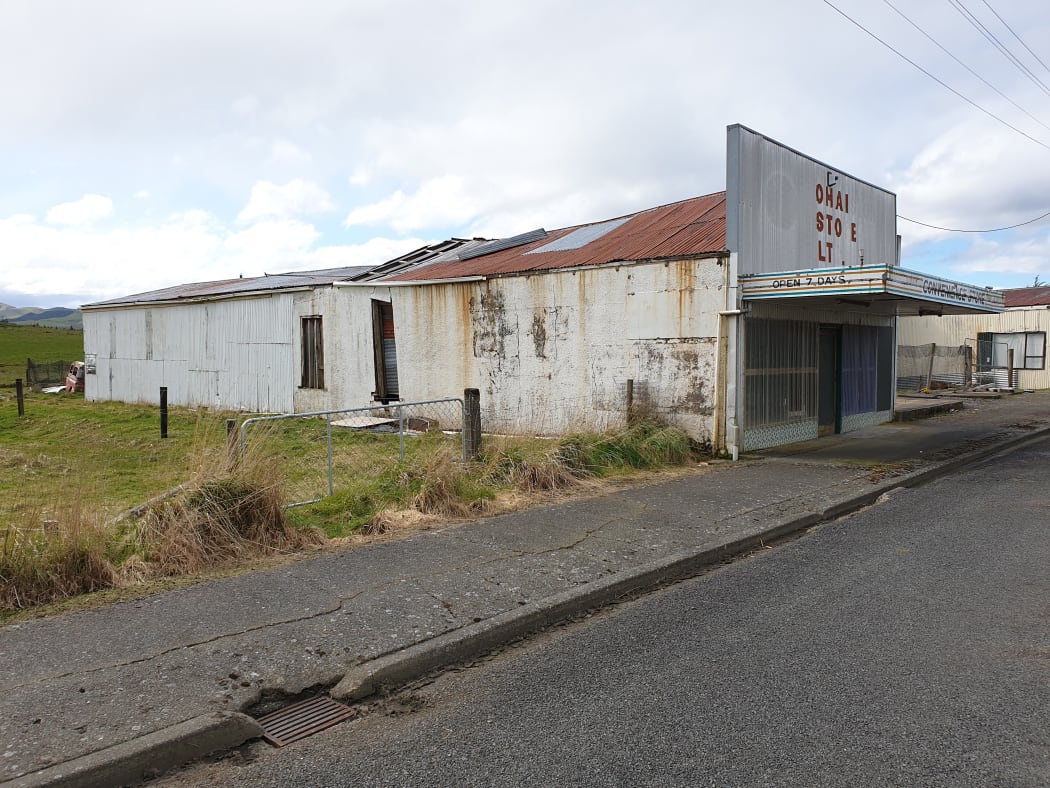
Ohai convenience store. Photo: RNZ / Tim Brown
But the bakeries, the grocers, the fuel station, the bank, even the pub were all gone now.
Mechanisation of the underground workings marked the beginning of the end, Allan said.
In the 1980s, rounds of redundancies reduced the town to a shell of its former self.
"Looking back, without the coal, without a job, you haven't got a town. It was sad to see the redundancies - friendships fell out the door," he said.
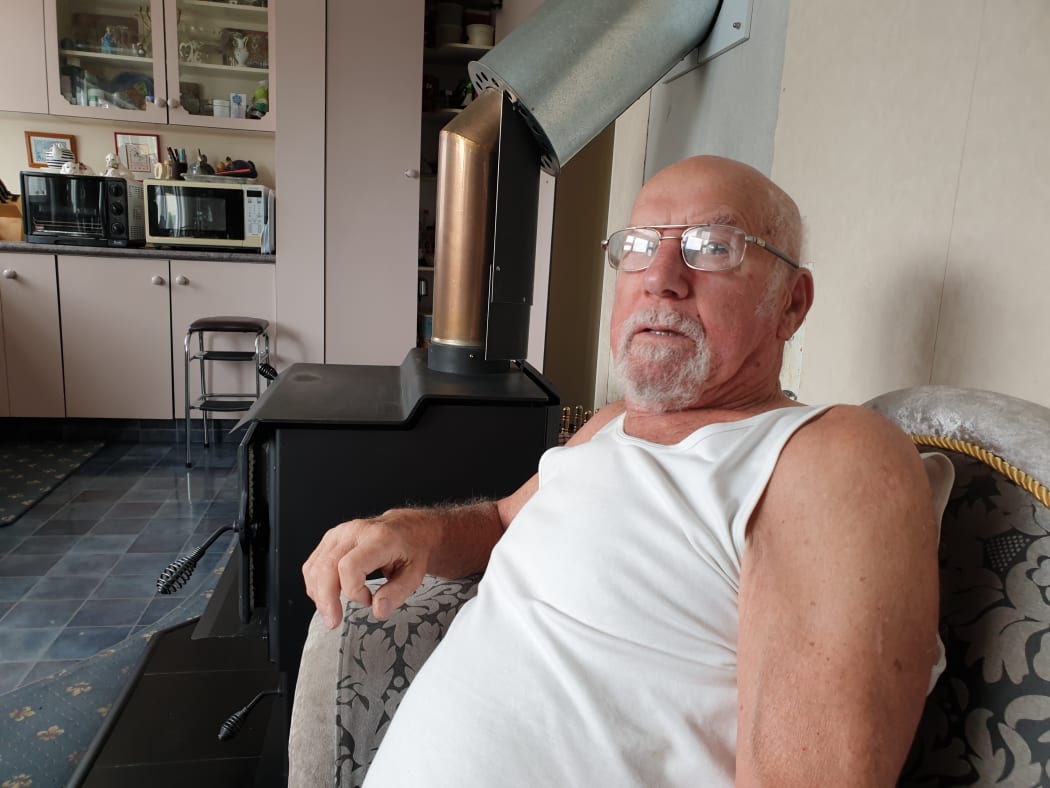
Ray Waghorn. Photo: RNZ / Tim Brown
Between the house occupied by Allan and the next one his neighbour - and old workmate - Ray Waghorn called home, sat an empty section.
It was a visible sign of the town's decline from its prime.
Waghorn said he was concerned about the town's future - and if it even had one.
"There's been about 11 houses gone out of this street since we've been here, taken away from town, transported out on the trucks because of the town closing down."
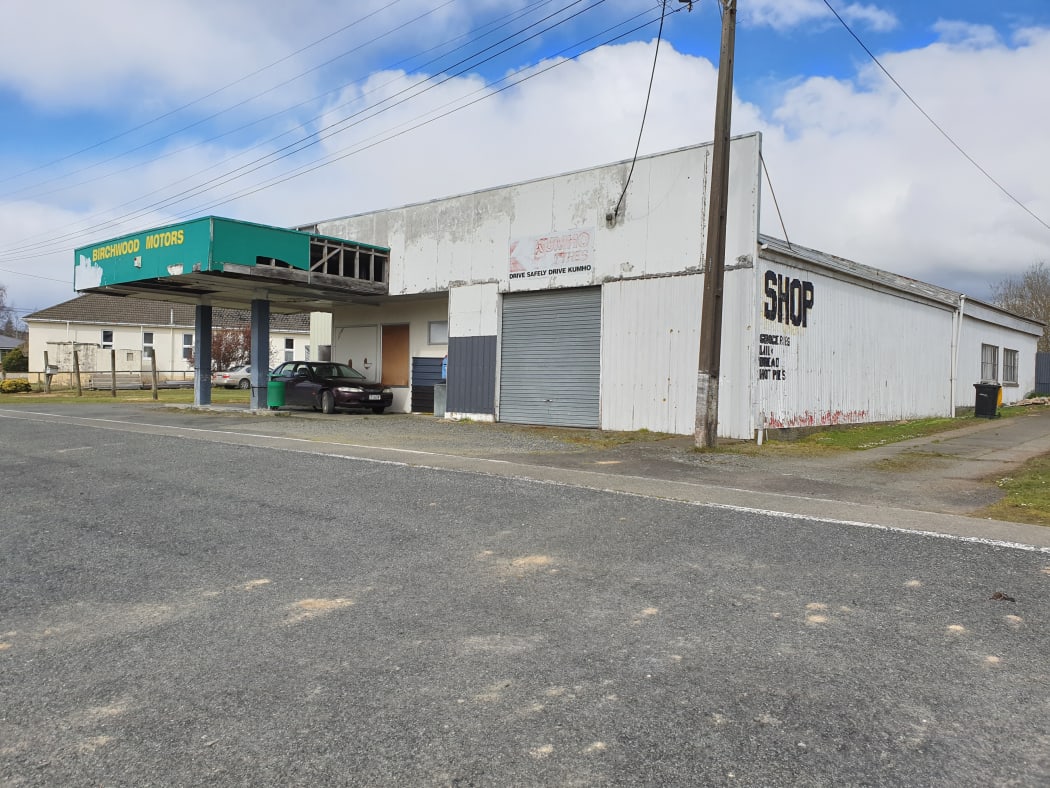
Photo: RNZ / Tim Brown
There was plenty of coal still in the ground, and Waghorn believed it was quality coal and there was no reason it should not be used.
"It seems a town built on coal is now a town without coal, which is like a pub with no beer," he said, with a laugh.
Many of the homes were built with coal ranges for cooking, heating and heating water.
Many of them still relied on coal for utility services.
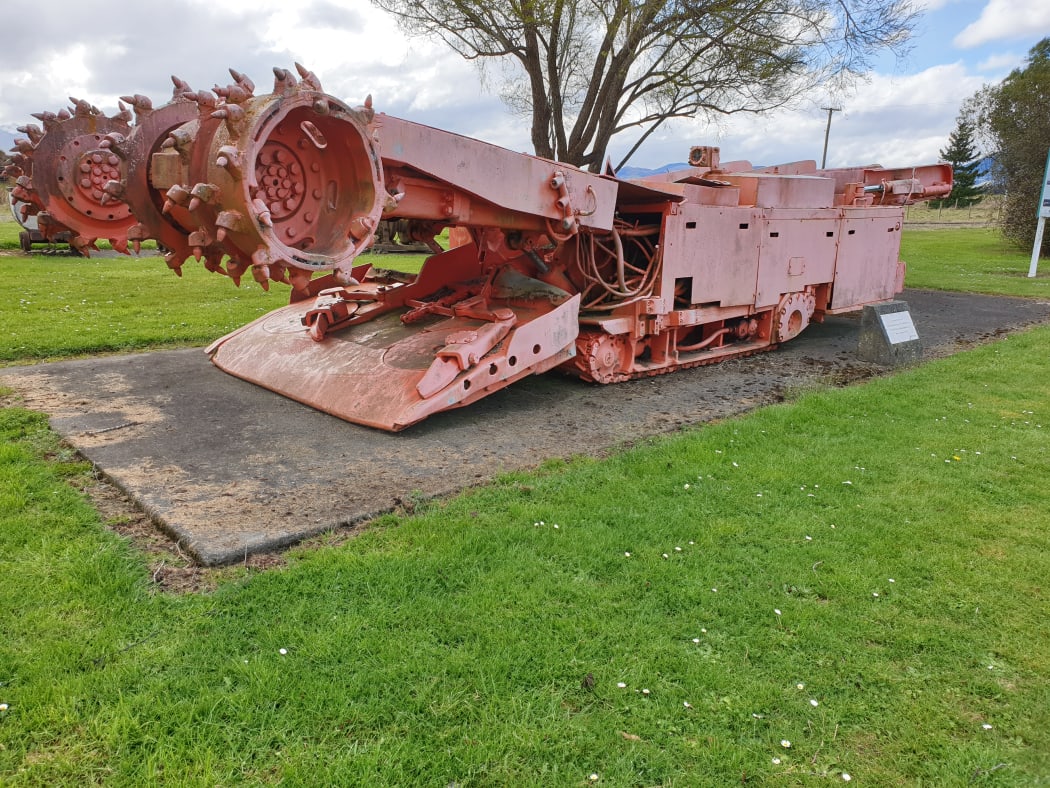
Coal mine digger. Photo: RNZ / Tim Brown
Waghorn just installed an almost $10,000 fire to burn coal for heating his home and water.
While it was a multi-burner, he was too old to consider chopping up trees for firewood, he said.
On nearby David Street, Sharyn Ofsoske said she relocated to the town from the North Island in recent years to enjoy a mortgage-free retirement.
A growing proportion of the town's residents were in the same boat.
But her century-old home still relied on a coal burner for hot water.
"I've got a destructor in the kitchen which heats the water. I don't have any electric hot water there ... so I don't know what I'm going to do once the mine closes up."
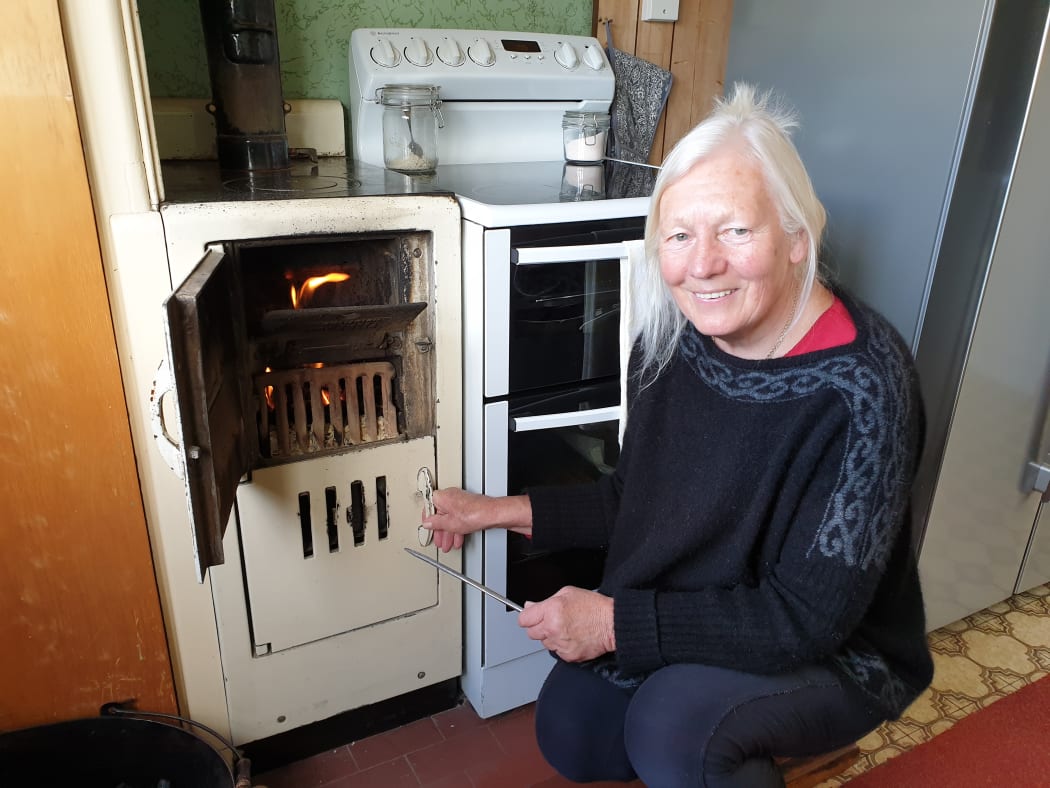
Sharyn Ofsoske. Photo: RNZ / Tim Brown
She was renovating her home and would be able to connect an electric hot water heater in future.
She could also be able to drive to nearby Nightcaps for coal in the meantime.
But she feared some of the town's more vulnerable residents might be left in the cold.
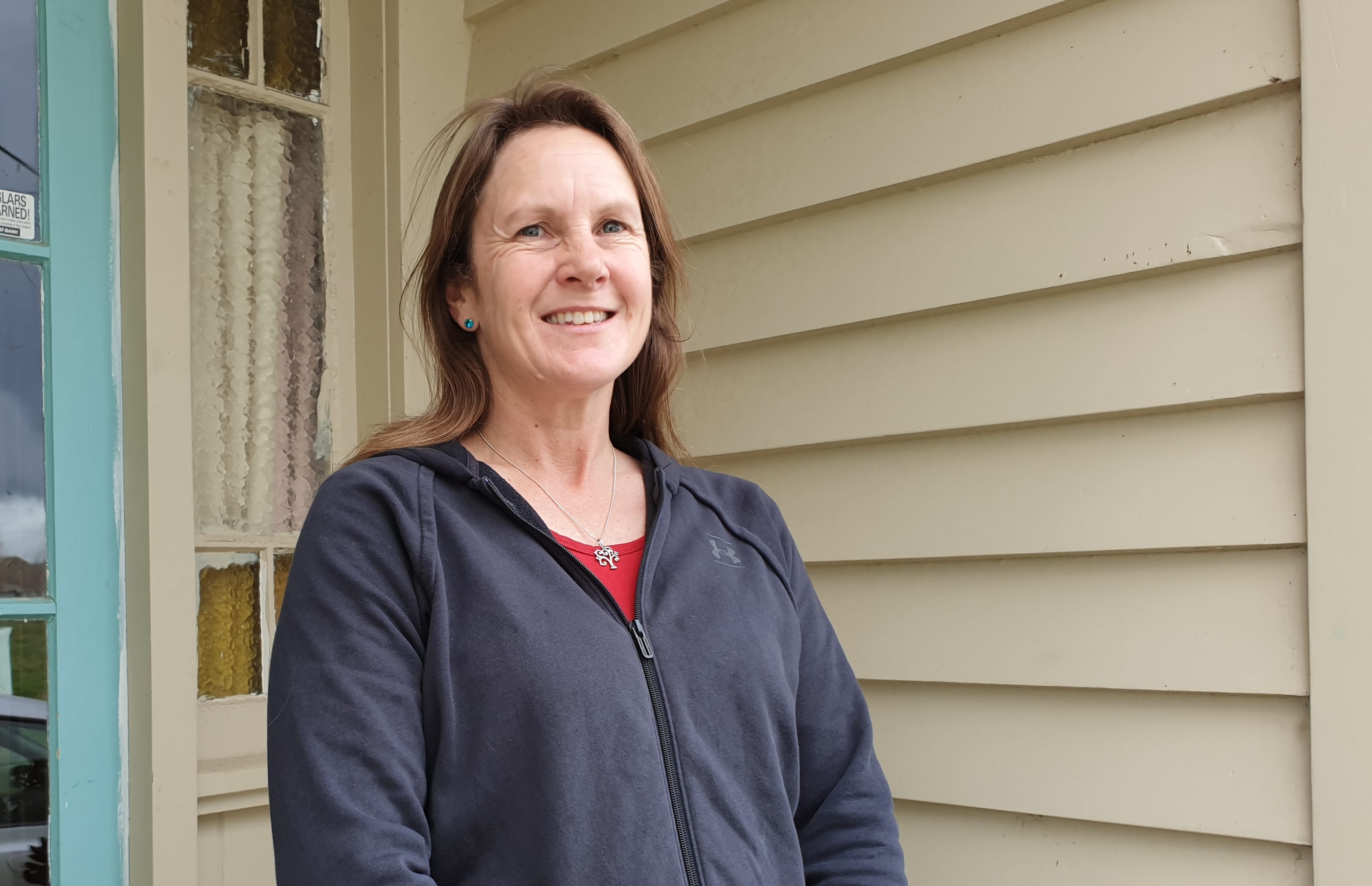
Kelly Day. Photo: RNZ / Tim Brown
Wallace Takitimu Community Board member Kelly Day said coal was important to the town, but it was not everything.
She held out hope for its future because of the resilience of those who called it home.
"As I look at it the mine isn't everything in Ohai. It is one part of Ohai, the coal is absolutely delicious, it's the hottest in New Zealand. But future wise ... we've got many people coming through Ohai lately from all walks of life, from the top of the North Island to the bottom, and why are they coming here? Well, the mountains, the view, the people - the local side of it."
A town store would soon be opening up, which showed there was confidence in the area and Day said she saw houses being done up and other signs of a bright future every day.
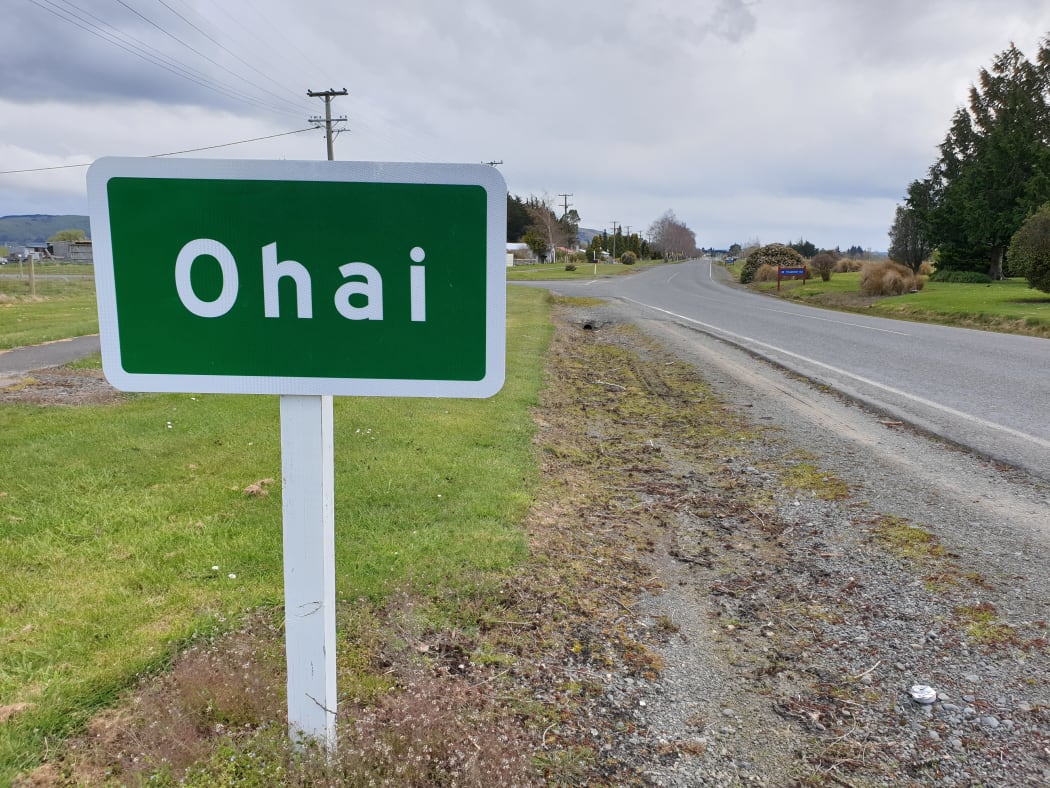
Photo: RNZ / Tim Brown
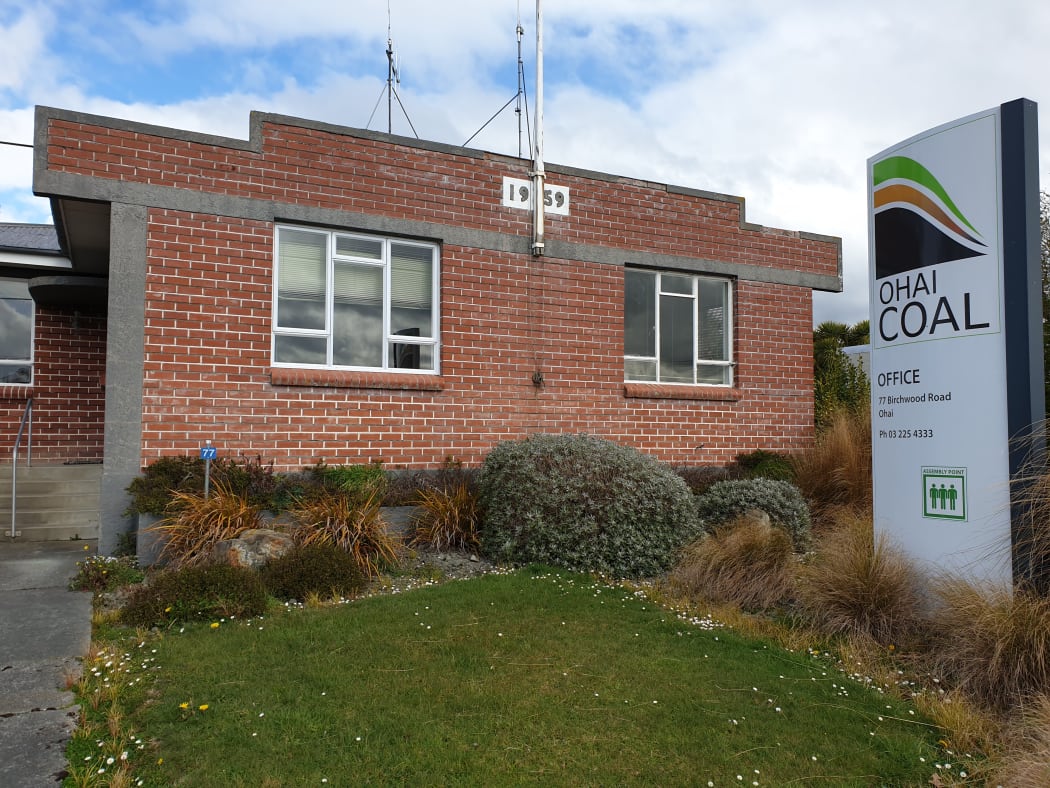
Ohai Coal headquarters. Photo: RNZ / Tim Brown
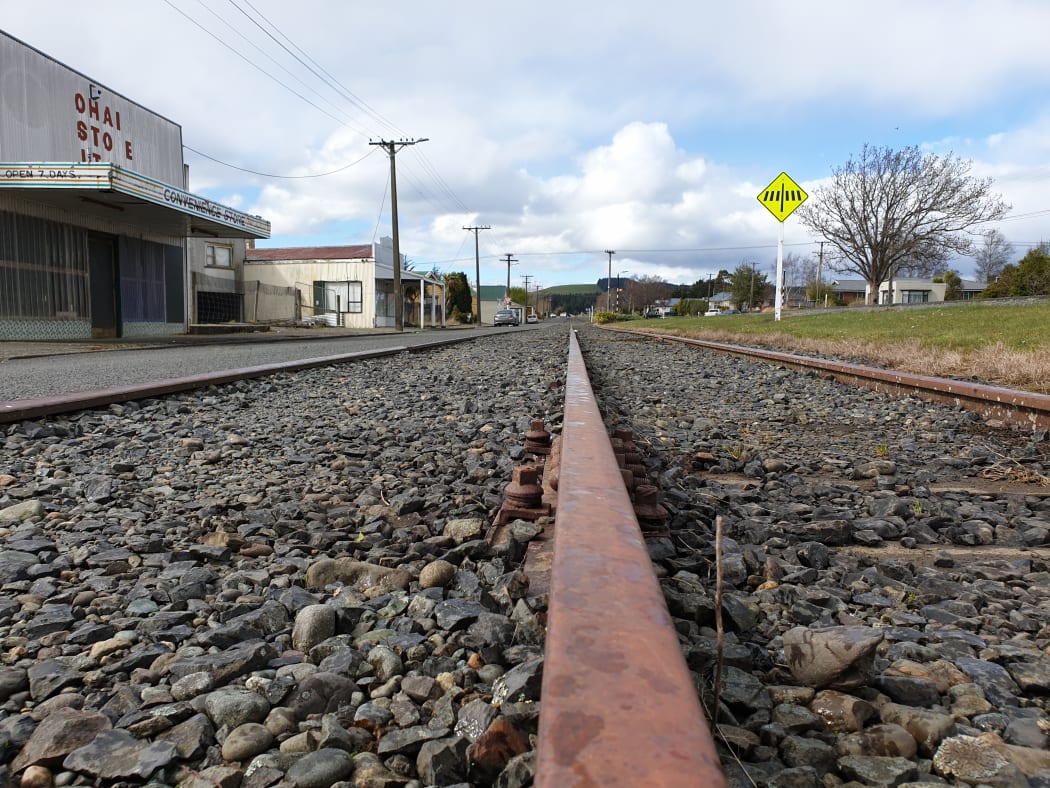
Photo: RNZ / Tim Brown
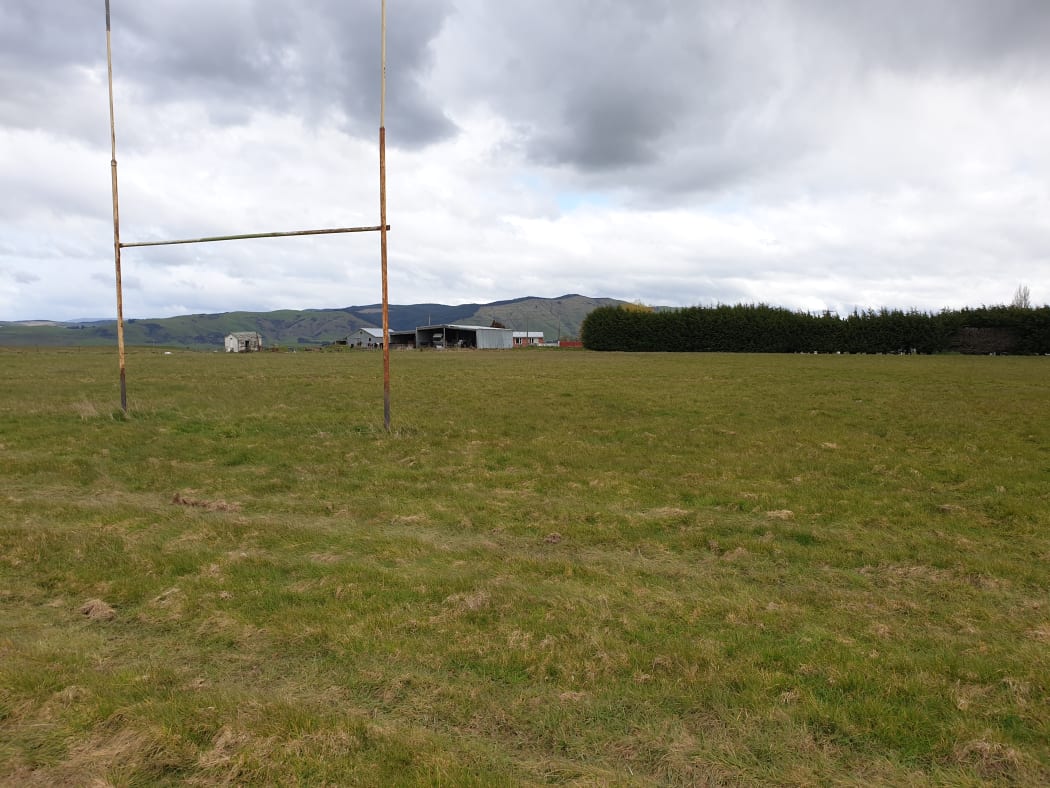
Photo: RNZ / Tim Brown
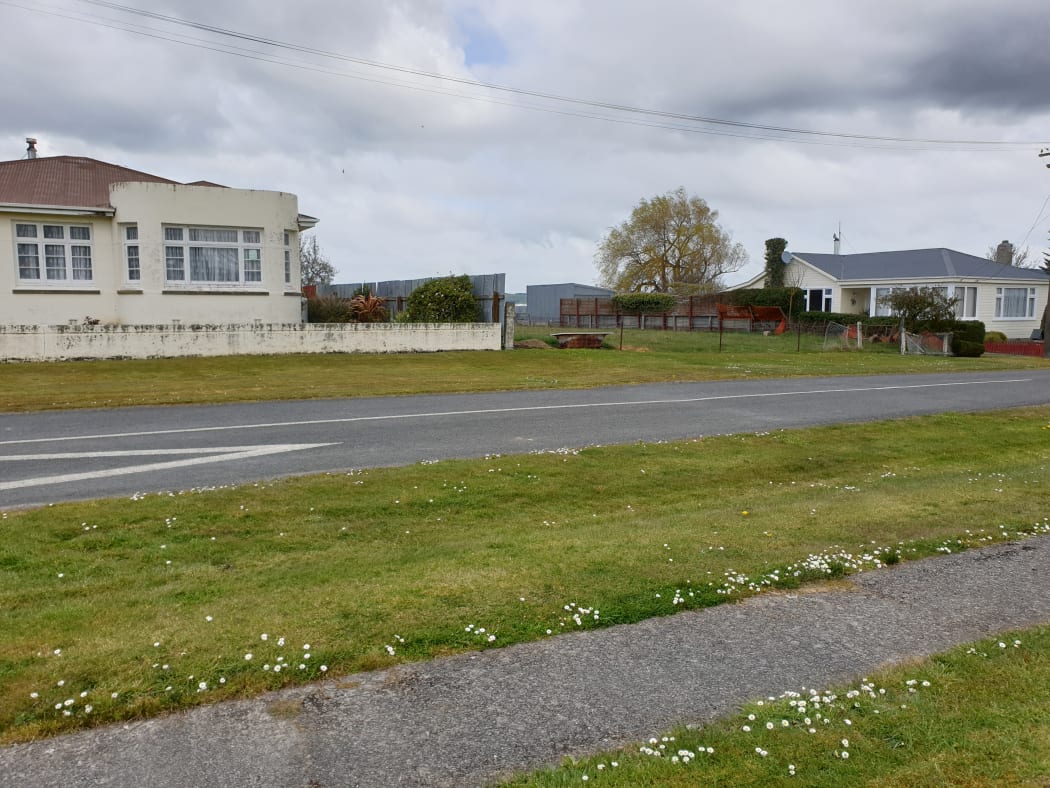
Photo: RNZ / Tim Brown
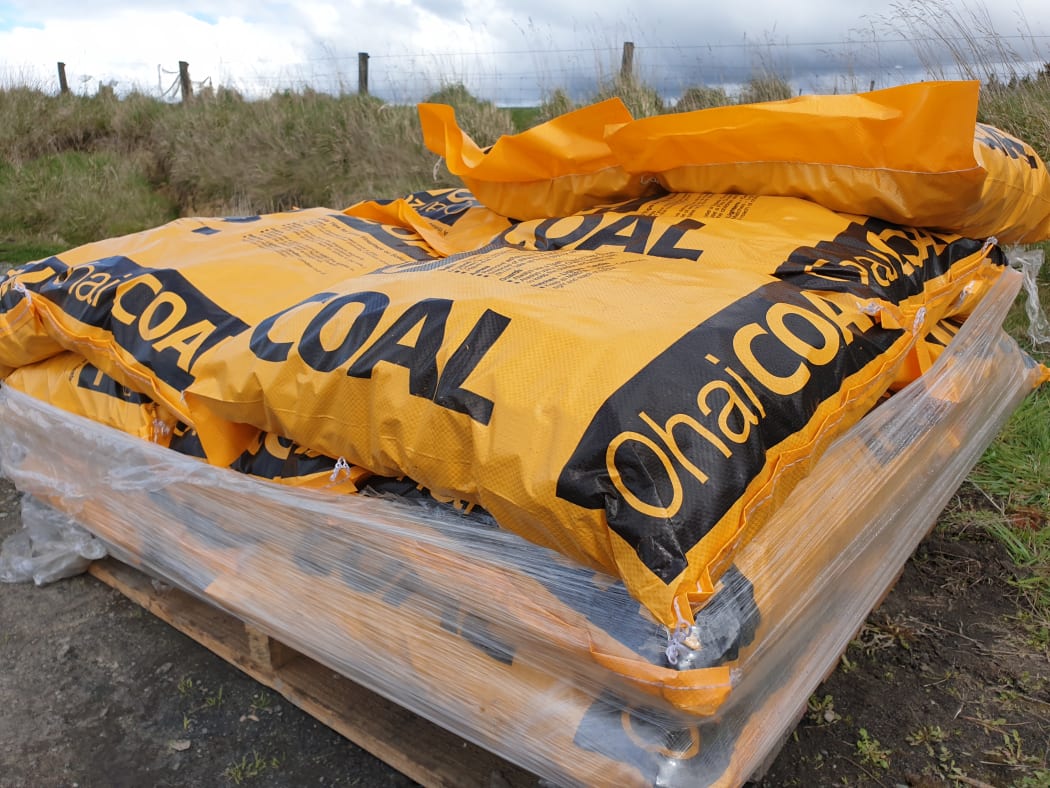
Photo: RNZ / Tim Brown

